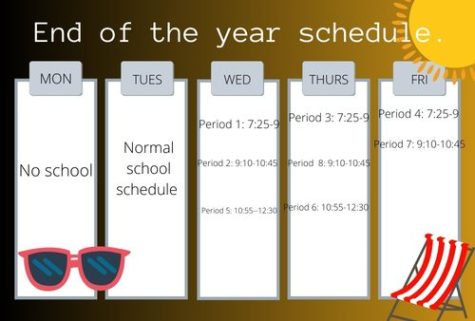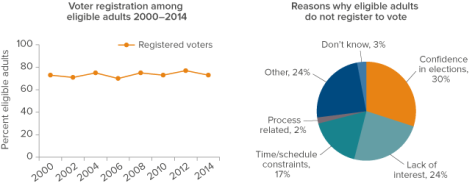The dangers of coronavirus make high school sports dangerous and inconsequential
October 12, 2020
As of Oct. 7, according to the New York Times, there have been about 211,000 deaths from COVID-19 in America. This is enough to fill 73 Metea-sized high schools. The lives that are lost include people who had children and grandchildren. People who had been married for fifty years and people who had never been married and, due to the virus, would never get the chance to. People who lived in houses with school photos of their children from every year lined up on well-worn bookshelves. People who lived in apartment rooms where a dog waited for them at the foot of the bed. The amount of deaths that this pandemic has spurred in America is equivalent to if there were a 9/11 attack every morning for 70 days. The toll of COVID-19 is unimaginable.
Naturally, however, it appears that this grim reality is being ignored in favor of what is, apparently, a much more pressing matter: high school sports.
It is true that studies suggest that children and teens are less susceptible to coronavirus than adults. However, that does not mean there are no consequences if a youth becomes infected with the virus. Sports, especially high school hallmarks such as football which rely on being in close contact with others, could be potential superspreader events, and there are more impacts the virus could have than the simple statistics of who is and is not infected.
For one thing, children and teenagers live with other people, who could be much more at risk than they are. How many of you are reading this life with your grandparents? Parents, even? Do you know if they have preexisting conditions? Do you know if they will be safe with the virus? After all, you live under the same roof and the virus travels through the air. If you catch it, they will likely catch it too. Would you be willing to risk your family’s health to participate in a high school sport? If your parents or grandparents got coronavirus from you because you insisted you simply needed to get out of the house and play your high school sport, how would you feel? Would you be satisfied? Would you be happy? Would it be worth it?
Also, we do not know the full extent of COVID’s effects, especially in the long term. We have only known this strain of coronavirus for less than a year. We do not know what havoc it could further wreck on those who have been infected. For example, think of chickenpox. Many get it as an adolescent for a few days, and all it leaves is temporary red spots on the body and itchiness. But when someone who had the virus as a child enters their middle age, it comes back with a vengeance as shingles. According to Mayo Clinic, imaging tests taken months after recovery reveal that the heart muscle receives lasting damage after the body has coronavirus, even in those with mild symptoms. This could increase the risk of heart failure in the future.
Pneumonia that COVID-19 is linked to causes long-lasting scar tissue and damage to the alveoli (tiny air sacs) in the lungs- such scarring. In other cases, it is known to cause long-term breathing processes. And just wait until we get to what it does to your brain! Even in young patients, coronavirus has been reported by Nature and Mayo Clinic to cause strokes, seizures, memory loss, brain hemorrhages, and a condition that can cause temporary paralysis. It may also increase the risk of diseases like Parkinson’s and Alzheimer’s later in life. There are even reports of the virus causing psychosis. And remember: these symptoms are happening to young people like you and me. People who probably wanted to play their high school sports, too. But guess what? You cannot play football when you are having a stroke brought on by COVID-19. Do you really want to risk this? All for a game for a high school?
According to the NCAA (National College Athletic Association), only 2.9% of high school football players make it to college sports. A 2015 Florida Atlantic University study found that only 1% of friendships manage to last all four years of high school- and, presumably, when people move away to college, that percentage of lasting friendships becomes even lower. High school is four years in your life- that’s a mere blip of time when one considers the average human lifespan is about seventy-nine years. When you are at your career job in twenty years, will you still be parading the fact that you were on the Metea soccer team when you were fifteen years old? I know that scholarships are important, but colleges will likely find other ways to create scholarship opportunities. More importantly, a scholarship does not take precedence over the lives of you and your family. Sure, the scholarship is great- but is Grandma dying of COVID due to being exposed to you worth that tuition discount? Is the sport so important that you are willing to risk your and your family’s well-being for it?
After all, I have heard, you can always do sports later in life once the pandemic begins to pass.












Lieb Thard • Dec 1, 2020 at 2:33 am
I don’t like this argument. You are just saying that high school friendships and sports are useless so do them later. That’s not a real argument. You can’t tell people statistically what you love will not last so stop it. Experiences make people grow and growth will stay with you forever. Stuff I do now will impact me year into the future. I will think, wow, I never got to go to prom, or I never got to say goodbye.